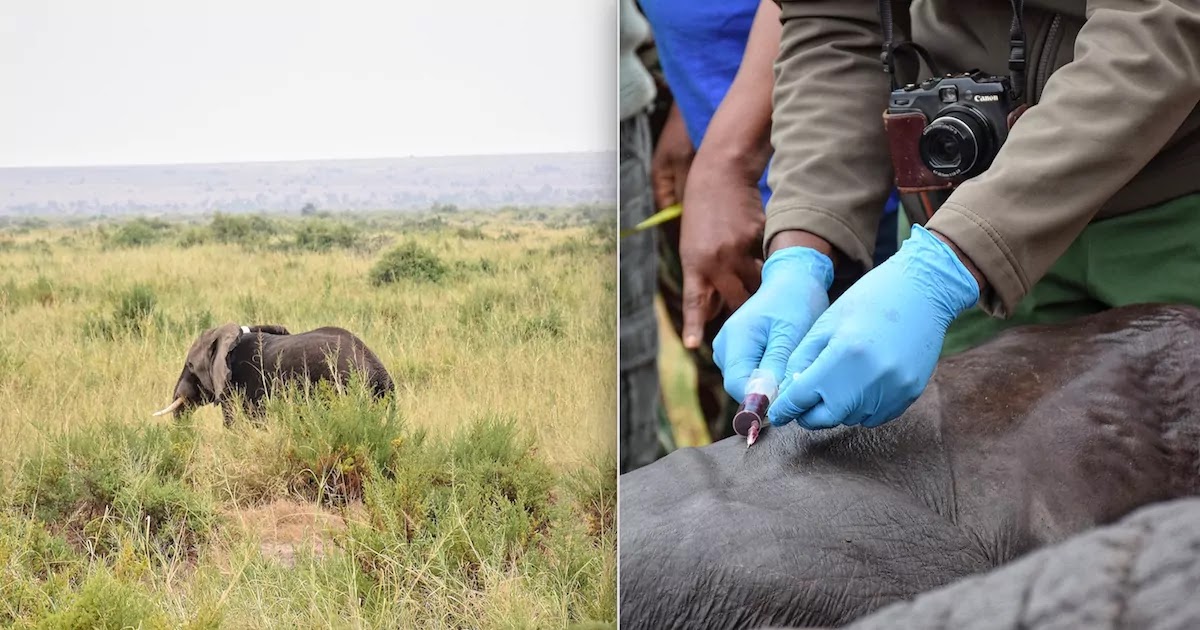
There is great news emerging from Kenya regarding the plight of the nation's elephants.
It has been reported by the Kenyan Wildlife Service that the elephant population has doubled since 1989, just over 30 years ago, and that the number of elephants now in the country total some 34,000.
The story is a welcome relief from the persistent stories of damage inflicted upon wildlife by hunting and loss of habitat and shows that positive government intervention and planning can turn the prospects of a species around.
During the Elephant collaring exercise, Scientists and Veterinarians also take blood, tissue and hair samples for further analysis, to generate more information about the Elephant's genes, history, age and measurements. #WorldElephantDay pic.twitter.com/8KYW0m9xQa
— Najib Balala (@tunajibu) August 12, 2020
The Kenyan authorities are putting the victories of the 30 year long elephant preservation campaign down to a crackdown on poaching and policies designed to keep elephants away from farmland, where they are often killed due to the fact they pose a threat to crops, farmers and their families.
Kenya Tourism Minister Najib Balala told reporters at the announcement, which was organised to coincide with World Elephant Day:
"In the past couple of years, we have managed to tame poaching in this country. Today we are also launching the Magical Kenya elephant naming campaign, an annual festival whose objective will be to collect funds from the naming, to support the Rangers welfare."
Balala went on to say that 170 calves had been born this year alone and that records show only 7 elephants in the country were killed by poaching. In the last 3 years, rangers dedicated to defending the elephants have recorded just 121 elephants slain through poaching, with a decrease year on year.
Elephants are often killed by poachers for their tusks which are sold as ornaments and as an ingredient in herbal medicine, particularly in the far-East.
While the news from Kenya is promising, the condition of the elephant population across Africa is less-so. In the 1970s, it was believed that 1.3 million Elephants roamed the continent, while in 2020 that number has been reduced to just around 400,000. It is hoped that the policies put into place in Kenya may be exportable to other African countries and the elephant population can be revitalised.













COMMENTS